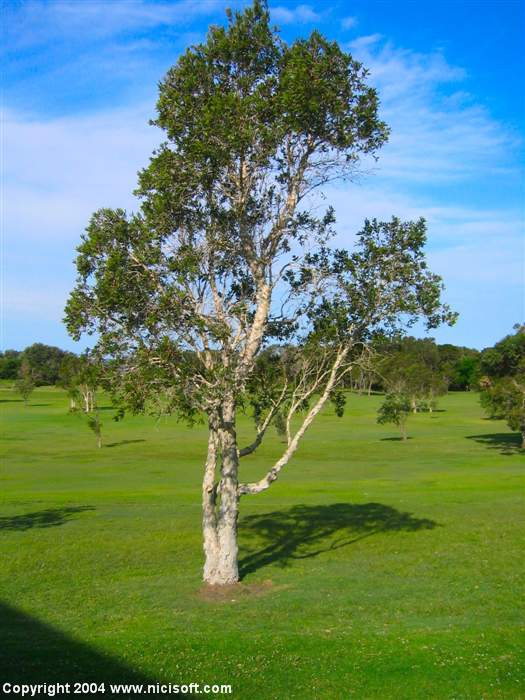Things F a l l Apart Entry #8

Critiques and Overall Judgement
Things Fall Apart by Chinua Achebe was a good book. I would give it 6 out of 10 stars. I thought the book portrayed the African villages well, and through these precise details, we saw more into the character's eyes. Many wondered that the details about his farming were insignificant, but I disagree to some extent. Although it was redundant, it provided the reader a sense of how Okonkwo lives his life. I particularly did not like the ending of the story. In the beginning of the story, a reader is interested in the life of Okonkwo and how he does not appreciate his father's ways. However, as the story went on his life was full of surprises and he faced many setbacks in his life. I feel Okonkwo should not have died in the ending of the book, because it surpasses all of Okonkwo's perception on life. Okonkwo believes that a man should be brave at all times. Suicide, however is a somewhat weak solution in running away from one's problems. Whether or not Okonkwo killed himself also leaves the reader in utter confusion. I think a book is well-put if the reader does not have to ask himself many questions about the book. Although suspense is satisfying to any reader, I don't think that Chinua Achebe made a great ending. It was occult, and it left the reader feeling empty. Although Things Fall Apart opens our perception about how one man learns about life and how things are supposed to happen, it was weak in some portions of the book.Also, if Okonkwo was killed or killed himself, the reason for this also was weak. One of the reasons I theorized was that he realized that he had made a big mistake when he killed the messenger. He thought there would have been war, but after killing this messenger it seemed that none of this would happen. I guessed that he ran away and committed suicide in shame that he would never be able to reach his "goal" in life.



